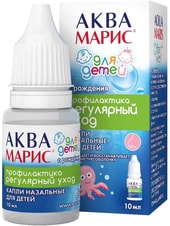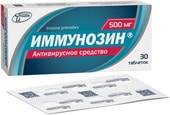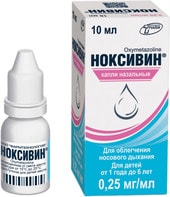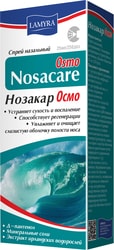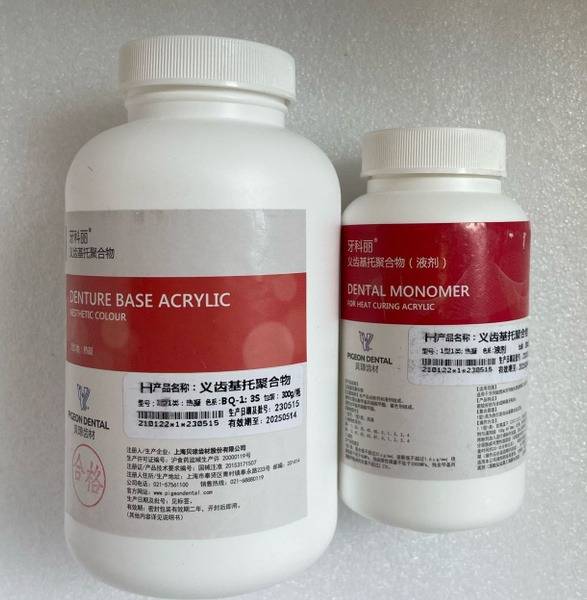
Acrylic plastic, also known as polymethyl methacrylate (PMMA), is a versatile synthetic polymer prized for its exceptional clarity, durability, and ease of fabrication. Its superior optical properties, exceeding those of glass in many aspects, make it a popular choice for a wide range of applications. From architectural marvels to everyday consumer products, acrylic's unique characteristics drive its widespread use.
The versatility of acrylic plastic has led to its widespread adoption in numerous industries, including:
Acrylic plastic is typically produced through a process of polymerization, where monomers are chemically bonded to create long chains of polymers. Various manufacturing techniques, including casting, extrusion, and injection molding, are then used to create the final products.
When considering acrylic plastic for a project, factors such as desired thickness, clarity requirements, and specific application demands should be taken into account. Consulting with a materials specialist can help ensure the selection of the optimal acrylic type for a given project.
Keywords: acrylic plastic, polymethyl methacrylate (PMMA), plexiglass, acrylic sheet, acrylic properties, acrylic applications, acrylic manufacturing, transparent plastic, impact resistant plastic, UV resistant plastic, plastic fabrication, architectural acrylic, automotive acrylic, medical acrylic, retail acrylic, lighting acrylic.
